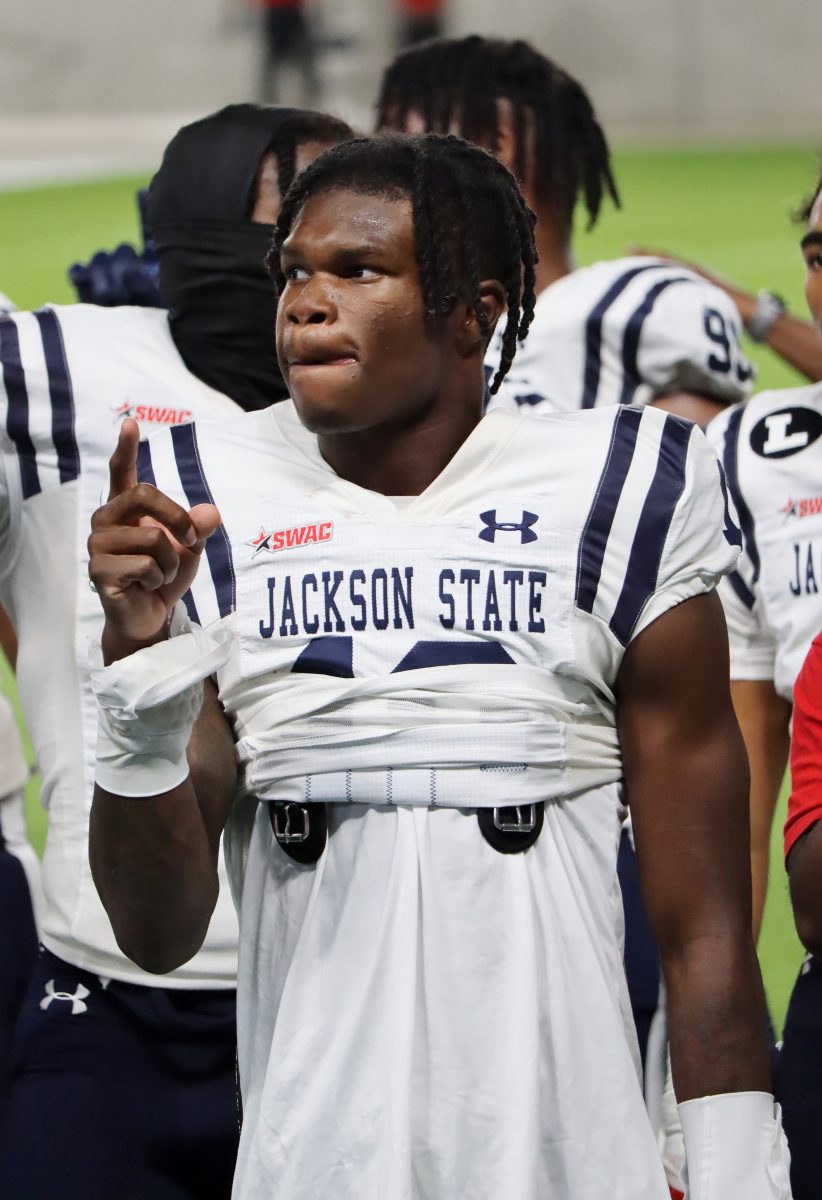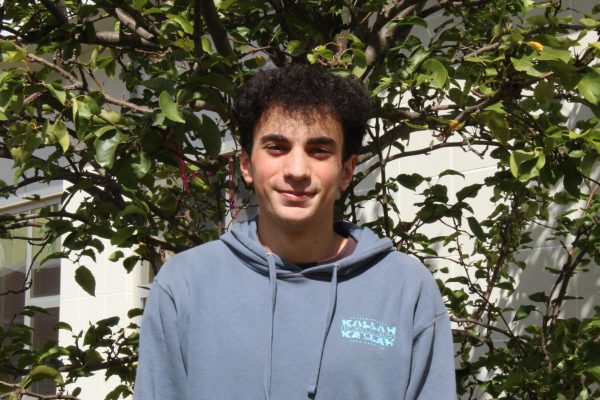On Thursday, May 23, the NCAA reached a historic agreement to allow colleges and universities to pay their athletes. This was a historic win for athletes and their advocates who had been pushing for that outcome for years. Although it is reasonable for college athletes to get paid for their abilities when they don’t know whether or not they can make it professionally, it will end up hurting college sports, making the overall television product less appealing to fans.
In July 2021, the NCAA changed its name, image, and likeness (NIL) policy for the first time since 2014. This allowed student-athletes to profit off of themselves through endorsements and marketing. Players can now make money in exchange for promoting a company or product. A notable example of the new NIL era’s effects is the return of the infamous EA College Football video game, which had not been released since 2014. With the release of this game, athletes who opt-in will receive a copy of the game and $600.
Although this was a win for student-athletes and their advocates, not everyone was happy. During a Capitol Hill roundtable, Legendary former Alabama coach Nick Saban shared something his wife had told him one day during breakfast.
“All they care about is how much you’re gonna pay them, they don’t care about how much you’re gonna develop them, which is what we’ve always done, so why are we doing this?” Saban said.
Saban is entirely right. So much used to go into student-athletes picking out their college. The history, the coaches, the location, what college gives them the best opportunity to succeed and so much more used to go into their decisions. Now, as Saban said, most college athletes only care about how much they’ll get paid.
Don’t get me wrong, I believe college athletes should be able to profit off of their name during their college years, but there has to be some limitation to it. Now with the historic decision to allow universities to pay athletes, it may get out of hand.
Big colleges and universities can buy all the top college athletes, leaving smaller schools with fewer and worse options. Not to mention NIL opportunities are much greater and come with much more money when athletes go to bigger schools.
There is also no need for colleges to pay their athletes. Athletes are already given a free education that can cost tens of thousands of dollars for a regular student. They get free gear, free food and so many more things that only athletes can receive, while regular students must pay for tuition, food, boarding and so much more. Not to mention that with the addition of new NIL policies over the past few years, student-athletes are already making a lot of money on top of the benefits that they already receive.
With all these new rules coming, the NCAA should make it a priority to regulate NIL policy so that college sports remain competitive and entertaining for both the athletes and their fans.










John Sage • Dec 27, 2024 at 11:56 pm
Can the damage be reversed? It seems to me that there is little, if any commitment to the university….it is all about the money…this is sad
Quinn • Jun 12, 2024 at 10:13 am
W article